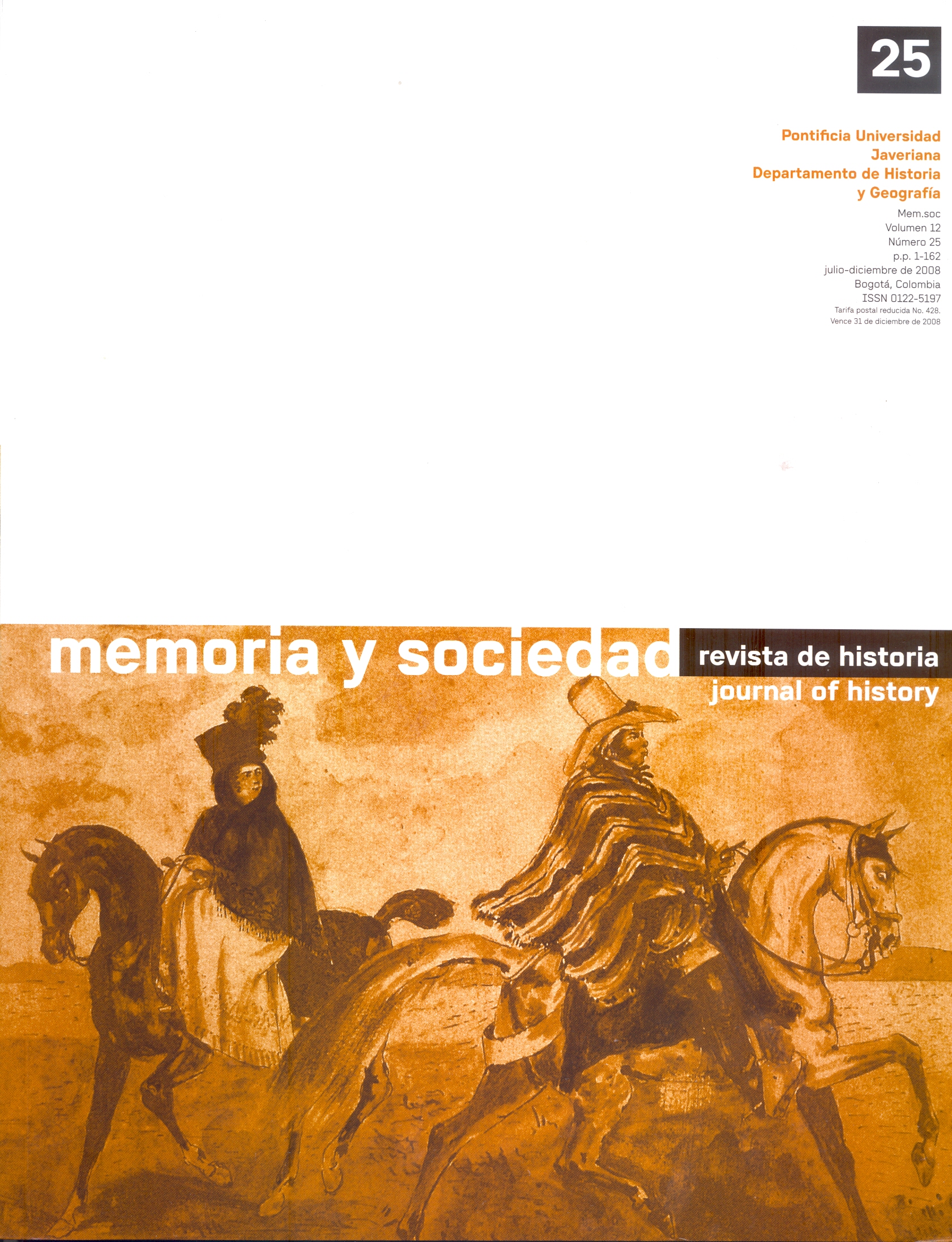Resumen
Este texto apunta a superar vacíos analíticos en relación con el sindicalismo colombiano del período de la Violencia y sobre las ideologías que se expresan en su seno e interactúan con él. Muestra cómo el sindicalismo que se manifiesta en la central sindical única, la Confederación de Trabajadores de Colombia (CTC), denominado sindicalismo político, enfrenta una ofensiva que empieza con la legislación de López Pumarejo, que consagra algunas reivindicaciones del movimiento sindical, mientras restringe el uso de la huelga, les quita protagonismo a las federaciones sindicales, fortalece el sindicalismo de base, para circunscribirlo a reivindicaciones de tipo económico. A la vez que confluyen los discursos de todos los sectores del liberalismo, del conservatismo y de la Iglesia, en la propuesta del apoliticismo como política a impulsar en el movimiento sindical, en medio de un debate, que es rebasado por la represión y la división del sindicalismo, uno de cuyos episodios es la huelga de la Federación Nacional del Transporte Fluvial, Marítimo y Aéreo (Fedenal), que, como la investigación pone en evidencia, ha sido sobrevalorada por la historiografía del movimiento sindical, al ser señalada como el enfrentamiento que liquida la federación y deja en estado terminal al sindicalismo político. La ofensiva se evidencia como un proceso más complejo y sostenido y no logra ajustar cuentas de manera definitiva con el llamado sindicalismo político.La revista Memoria y Sociedad se encuentra registrada bajo la licencia Creative Commons Reconocimiento 4.0 Internacional. Por lo tanto, esta obra se puede reproducir, distribuir y comunicar públicamente en formato digital, siempre que se reconozca el nombre de los autores y a la Pontificia Universidad Javeriana. Se permite citar, adaptar, transformar, autoarchivar, republicar y crear a partir del material, para cualquier finalidad (incluso comercial), siempre que se reconozca adecuadamente la autoría, se proporcione un enlace a la obra original y se indique si se han realizado cambios. La Pontificia Universidad Javeriana no retiene los derechos sobre las obras publicadas y los contenidos son responsabilidad exclusiva de los autores, quienes conservan sus derechos morales, intelectuales, de privacidad y publicidad.
El aval sobre la intervención de la obra (revisión, corrección de estilo, traducción, diagramación) y su posterior divulgación se otorga mediante una licencia de uso y no a través de una cesión de derechos, lo que representa que la revista y la Pontificia Universidad Javeriana se eximen de cualquier responsabilidad que se pueda derivar de una mala práctica ética por parte de los autores. En consecuencia de la protección brindada por la licencia de uso, la revista no se encuentra en la obligación de publicar retractaciones o modificar la información ya publicada, a no ser que la errata surja del proceso de gestión editorial. La publicación de contenidos en esta revista no representa regalías para los contribuyentes.


